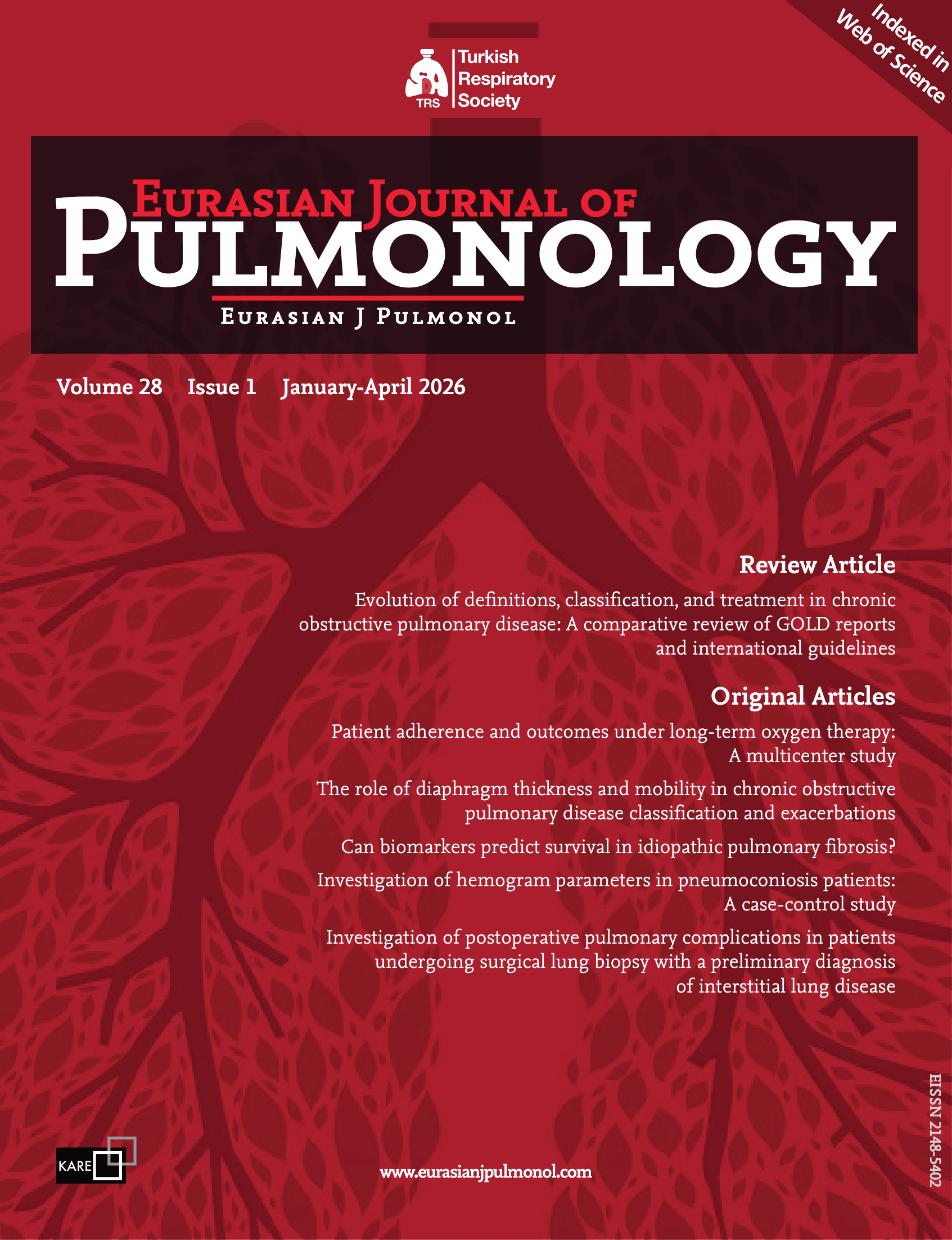2Department of Cardiopulmonology, Portuguese Red Cross Health School; Department of Pulmonology, University Hospital North Center Lisbon - Pulido Valente Hospital, Lisbon, Portugal
Abstract
The major risk factor for chronic obstructive pulmonary disease (COPD) is smoking. COPD is thought to be traditionally a male illness, but its prevalence in women is increasing because they are adopting lifestyle habits similar to men. A literature review of publications indexed in MEDLINE, Latindex, SciELO, and DOAJ databases was carried out. Were considered 44 articles with relevance to the topic addressed. The literature review aim was to characterize the gender susceptibility differences in COPD development as well as the changes that this disease may induce in the lung function. Through the present literature review, it was verified that there are multiple aspects that contribute to gender inequalities in COPD development. Among them are genetic predisposition, hormonal factors, tobacco smoke components metabolization, anatomical and physiological characteristics, bronchial hyperreactivity, and noxious agent's exposure. Gender differences in deleterious effects of tobacco smoke on lung function do not hold consensus, as there are authors reporting a greater lung functional decline in women even when less exposed to harmful substances, while others have found no differences in many of lung functional parameters. The studies analyzed were different regarding methodology and sample characteristics, which may contribute to results discrepancy obtained by the researchers. COPD affects men and women in increasingly similar proportions, so it is important to identify and characterize the particularities of tobacco smoke effects in both genders to improve the knowledge about the disease.




 Carolina Santos1
Carolina Santos1 




